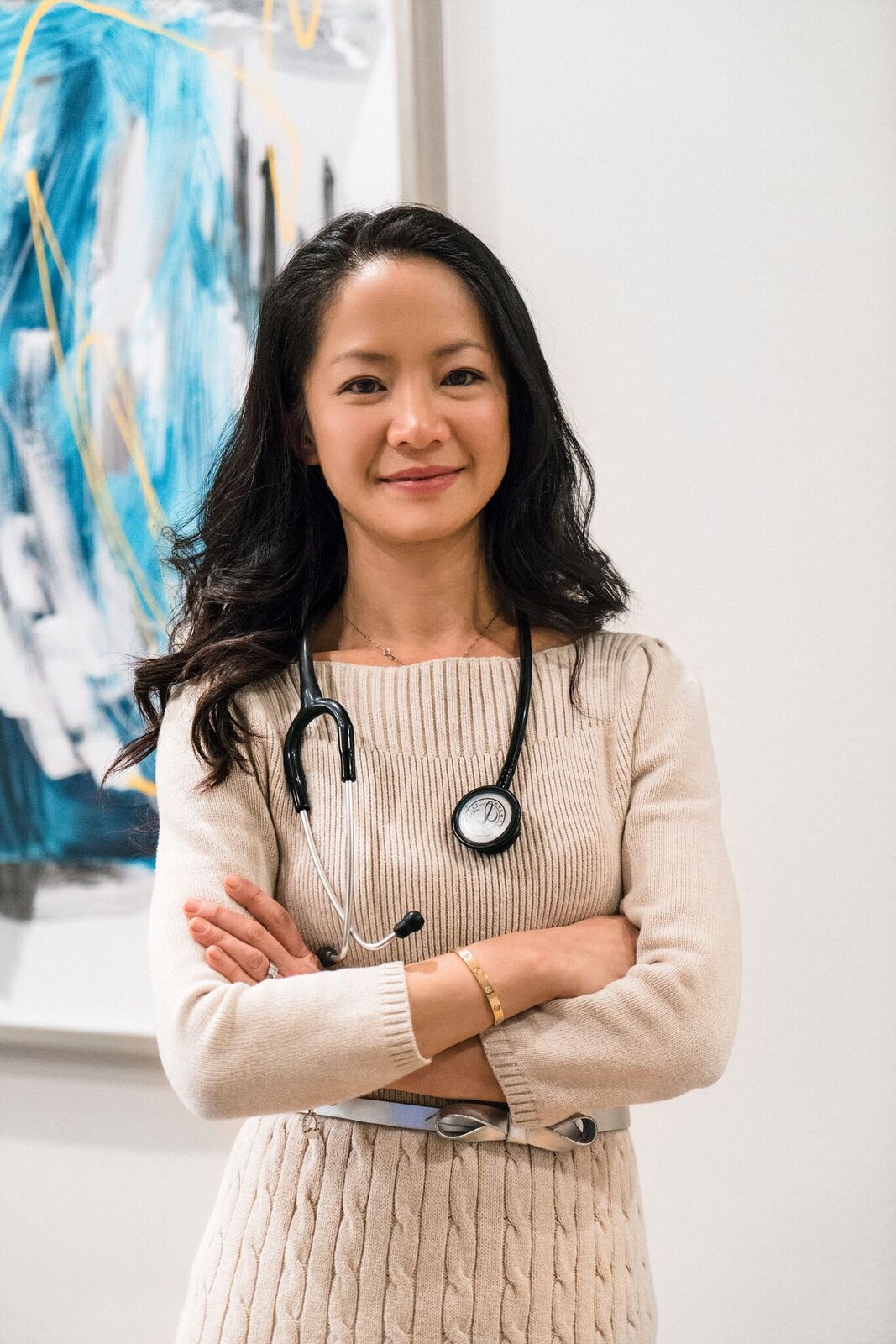Fasting
The Benefits of Fasting
We each have the best doctor inside our body.
Given the right nourishment and removal of obstacles, our bodies know how to heal itself. However, modern lifestyle with its excesses (e.g. excess calories, salt, sugar, fat, toxins, stress) alters the balance and the doctor doesn't know which way to turn.
Fasting can be a beneficial way to give your body a reset and clear that backlog of excesses so that it can find direction again. However, it is important that you do this safely, as fasting for longer than 24 hours without medical supervision can be dangerous. If you are on medications, you may also need to adjust the doses even if you skip just one meal – so If you do plan on undertaking any form of fasting, be sure to check with your health care provider before doing so.
There are many different forms of fasts: intermittent fasting where you eat within a certain time window, juice fasting where you only drink juice, and water fasting where you only consume water etc.
Fasting and caloric restriction have both shown to significantly extend lifespan and reduce chronic disease in many organisms from fruit flies to mice. It is proposed that when an organism undergoes calorie restriction, it kicks into survival mode during which it starts to conserve energy, become efficient and gets rid of that which not longer serves its purpose (i.e. a process called autophagy).
Autophagy is a process by which the body gets rid of non-functioning or abnormal cells, and in doing so, prevent diseased cells from proliferating out of control.
It is not the calorie-restriction itself that provides the benefits of fasting, however. Calorie restriction actually temporarily stresses the body, which causes it to buckle up and become more efficient. Research is pointing to the fact that it is mainly during the re-feeding phase that the benefits and cellular regeneration occurs e.g. Studies have shown for example an increase in peripheral stem cells in the re-feeding phase. You also get processes like mitochondrial biogenesis (new mitochondria being made inside the cells during the re-feeding phase, which can lead to better energy production.
Fasting also gives our overworked digestive tracts a little break. When the gut is busy digesting food, it uses a lot of energy and cannot repair itself. So when you take a break from food, the digestive tract has a chance to now repair itself. Studies have demonstrated that fasting can increase beneficial bacterial strains like Akkermansia in our gut and improve microbiome diversity and thus gut health. Akkermansia has been shown to be correlated with our metabolic health, and may play a role in preventing obesity.
When we fast, our insulin levels drops – this then allows the body to tap into the fat stores and burn fat as energy. It is very difficult for the body to burn fat when insulin levels are high (e.g. in patients with type 2 diabetes). This may explain why fasting can help improve insulin sensitivity, and Dr Jason Fung has reversed type 2 diabetes in patients with a fasting program he terms Intensive Diabetes Mangement program. Also, as discussed above, fasting can improve our gut microbiome diversity and we know that the microbiome plays an important role in how our food is digested and handled, and this may also explain why fasting can improve metabolic health.
Other benefits of fasting may also include lower blood pressure, lower cholesterol, and a reduction in IGF-1 (a hormone in our body that has been correlated with increased risks of certain cancer and diabetes when high). If you want to try fasting, make sure you do so safely – and remember, the food that you nourish the body with after a fast is just as important as the calorie restriction itself. So make sure you follow a fast with a healthy, whole food plant-based diet to gain the maximal benefits.
Please always check with your doctor before starting any type of fast. It is contraindicated in certain groups of people so always make sure you seek medical advice first.
DISCLAIMER
"The information provided in this post is for educational and informational purposes only. I am not attempting to diagnose, treat, prevent or cure any physical, mental or emotional issue, disease or condition. The information provided is not intended to be a substitute for the professional medical advice, diagnosis or treatment provided by your own Medical Provider or Mental Health Provider. Always seek the advice of your own Medical Provider and/or mental health provider regarding any questions or concerns you have about your specific health or any medications, herbs or supplements you are currently taking and before implementing any recommendations or suggestions from this post. Do not disregard medical advice or delay seeking medical advice because of information you have read on this post or start/stop taking any medications without speaking to your own Medical Provider or Mental Health Provider."
Meet Our Guest Writer…
Dr. Vivian Chen
Dr Chen is a UK medical doctor who lives in California, USA (UK board certified in internal medicine and family practice, MBBS, MRCP, MRCGP) - and also holds UK postgraduate certifications in diabetes care and skin surgery. She became interested in integrative medicine when herself and her family had health issues that allopathic medicine could not treat. She decided to get educated on using food as medicine, and became certified as an Integrative Health Practitioner, and now work with her clients to get to the root cause of health issues by use lifestyle measures to help them reach their health goals.
Follow her on Facebook @platefulhealth and on Instagram @plateful.health for more information on using food as medicine.


